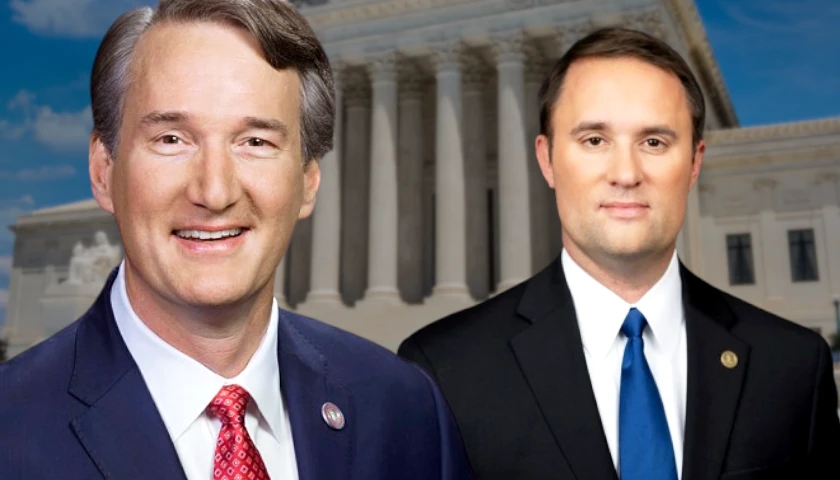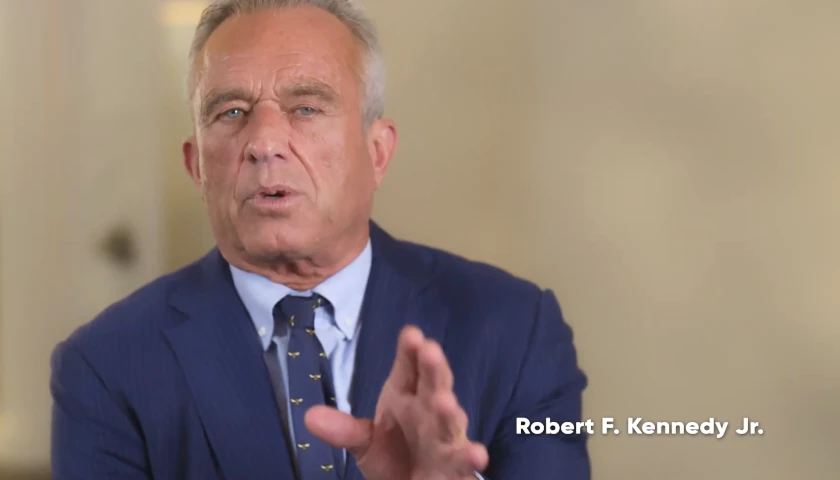by Eric Lendrum
The tech companies Google and IBM are backing off of previous plans to severely limit the number of White and Asian students who will be allowed to serve in their fellowships, after critical reporting of the plans resulted in backlash.
According to the Washington Free Beacon, previous reporting on the planned affirmative action policies cited several lawyers and other legal experts saying the moves would be in violation of civil rights laws and would likely face challenges if implemented. The companies had planned to implement a race-based cap on the number of White and Asian students that each university could nominate for the fellowships, in order to artificially increase the number of black and Hispanic students admitted instead.
Google previously defended the plans, claiming that such racial discrimination practices are “extremely common” and followed “all relevant laws.” But on the company’s fellowships website, the previous firm mandates have now been replaced with “suggestions.”
The website now states that “if more than two students are nominated, we strongly encourage additional nominees who self-identify as a woman, Black / African descent, Hispanic / Latino / Latinx, Indigenous, and/or a person with a disability.” Previously, it demanded that if a university nominates “more than two students,” then “the third and fourth nominees must self-identify as a woman, Black / African descent, Hispanic / Latino / Latinx, Indigenous, and/or a person with a disability.”
IBM similarly changed its language dictating that half of the nominees for its Ph.D. fellowship program must be “diversity candidates,” instead requesting that schools simply “consider a diverse slate of candidates.”
Several prominent universities around the country have already faced civil rights complaints themselves over their participation in the original discriminatory practices of the Google and IBM fellowships. Among the schools that have received complaints at the Department of Education’s Office of Civil Rights are Harvard, Princeton, Massachusetts Institute of Technology (MIT), John Hopkins, and Carnegie Mellon.
– – –
Eric Lendrum reports for American Greatness.









